Baby hippos are some of the strangest looking, most adorable little guys and gals out there.
But what do we really know about baby hippos and how they come into this world?
They're so cute when they bop around under the water with their short little legs and big shiny heads. If we're being honest, they kind of look like a toddler's drawing of a cat or a horse was brought to life and made to be always moist.
What about that is there not to love?
If you're looking to learn more about these cute enigmas of nature, these 10 baby hippo facts will certainly help you on your journey to ultimate hippopotamus knowledge.
Did you know any of this about baby hippos and their mamas before?
Please SHARE with your family and friends and family who love baby hippos!
1. Baby Hippos Weigh About 100 Pounds

Hippos weigh just about 100 pounds when they're born. Considering adult hippos are the second-largest land mammal after elephants and weigh about 3,000 pounds, this doesn't really seem like all that much.
However, a baby pygmy hippo, as pictured above, will weigh just a little more than a large human baby. They'll be about 13 or 14 pounds at birth.
2. They Can Suckle Underwater
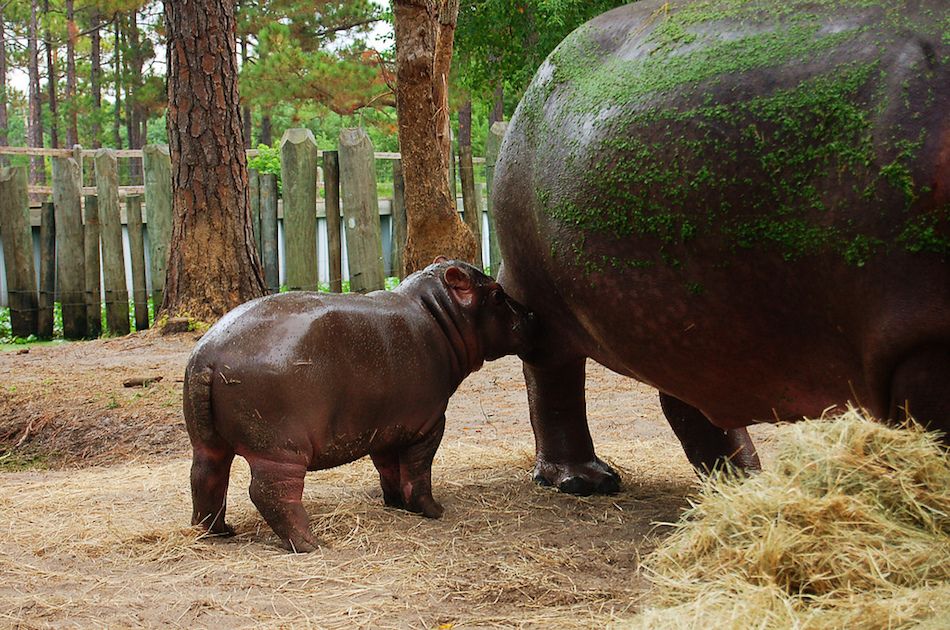
Hippos spend a total of 16 hours a day underwater, so the babies have to be able to suckle submerged. Luckily, they can close their ears and their nostrils and get food from mama without breathing in water! Baby hippos will suckle for about a year.
3. However, They Can't Swim
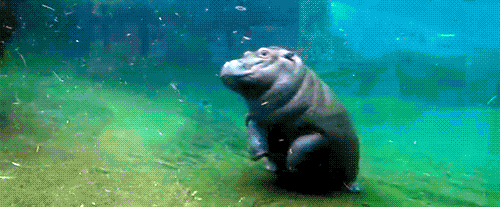
Hippos, baby or full grown adult, can't really swim in the traditional sense of the word. Rather, they just kind of push off of the bottom and "float" around in the water, although they are too heavy to actually float. They also walk along the bottom in shallower areas.
4. Babies Are At Risk Of Attack From Male Adults
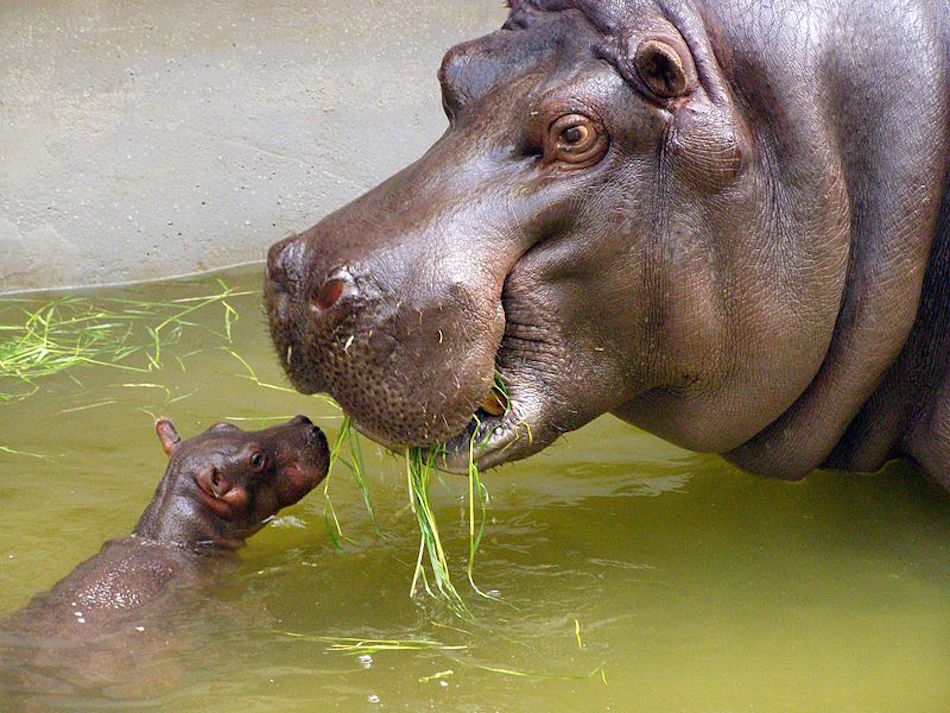
Mother hippos have to protect their young from male hippos. Grown males don't attack on land, but they will attack and often kill baby hippos under water. There has been a lot of research on why animals kill their young, and it happens for many reasons depending on the particular circumstances.
5. The Dry Season Is The Perfect Time For Conception
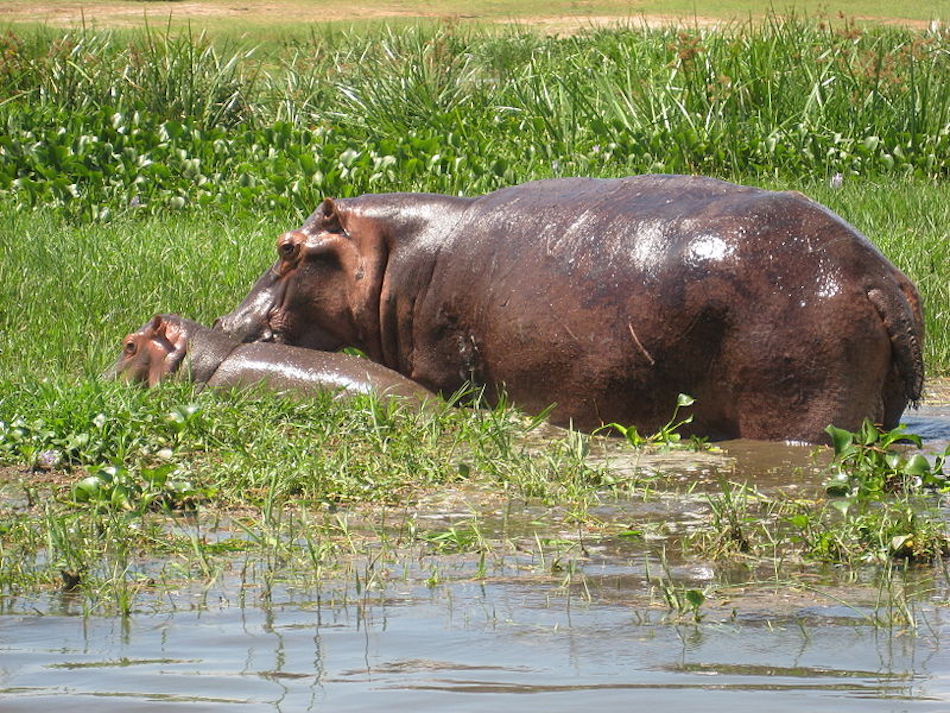
There is usually one dominant male in the herd of hippos that can mate with any adult female in the pack, and this will happen during the dry season. This is so that the baby will be born during the wettest part of the year, during which there is enough sustenance to go around.
6. Mamas Are Pregnant For Eight Months
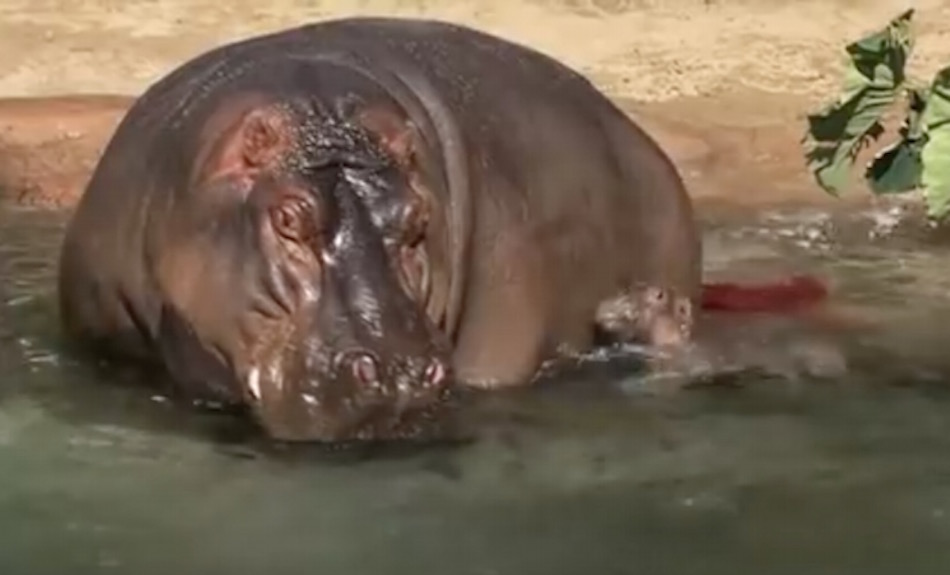
Compared to, say, an elephant's gestation period of 22 months, eight months is basically a blink of an eye. Heck, us humans carry our babies for longer!
Pygmy hippos are pregnant for a slightly shorter time period: six to seven months.
7. Only One Baby Is Born At A Time
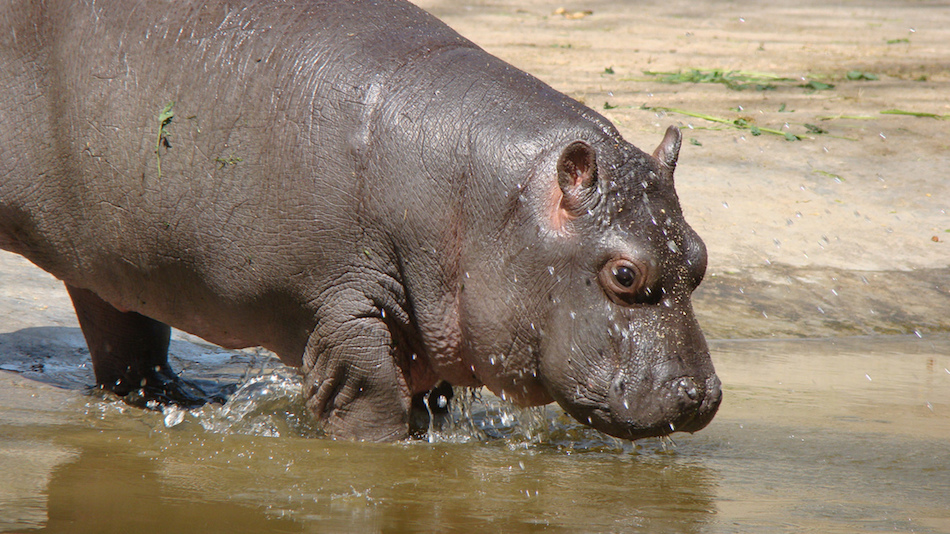
Twin hippos do occur, but it is incredibly rare. In 1988, twins were born on Christmas morning at the Memphis Zoo for the first time in captivity in 25 years. The norm is for one calf to be born at a time, as that's all a mother can really manage on her own.
8. Mom Separates From The Pack When Ready To Give Birth
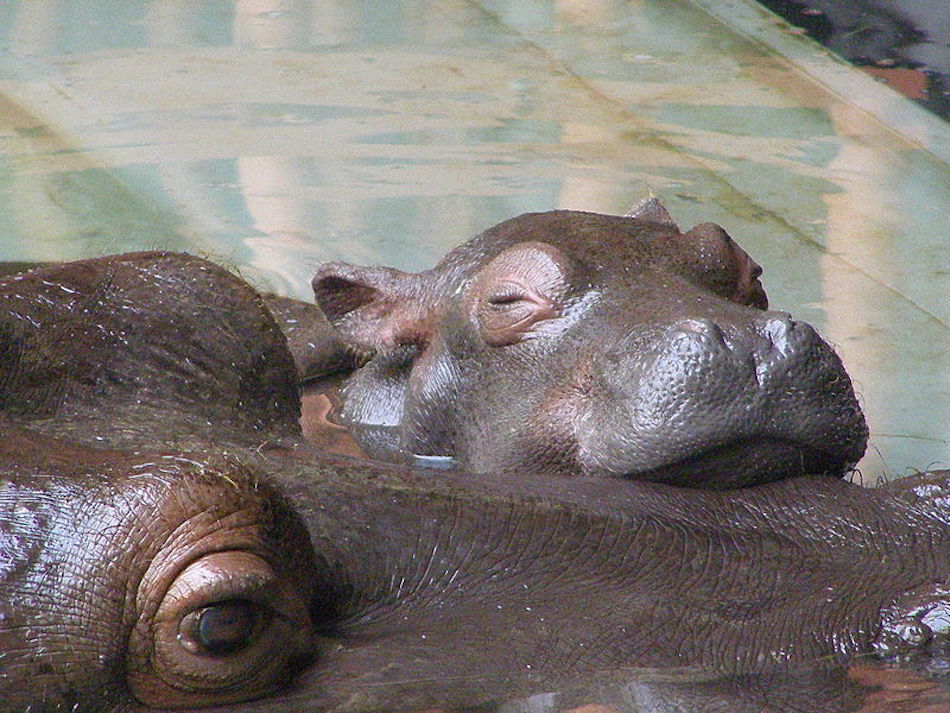
When a mama hippo is ready to give birth, she will go off on her own to have her baby and to bond with the calf for a week or two. When she returns to the pod, the female community will help defend from predators.
9. Female Babies Grow To Maturity Faster Than Males
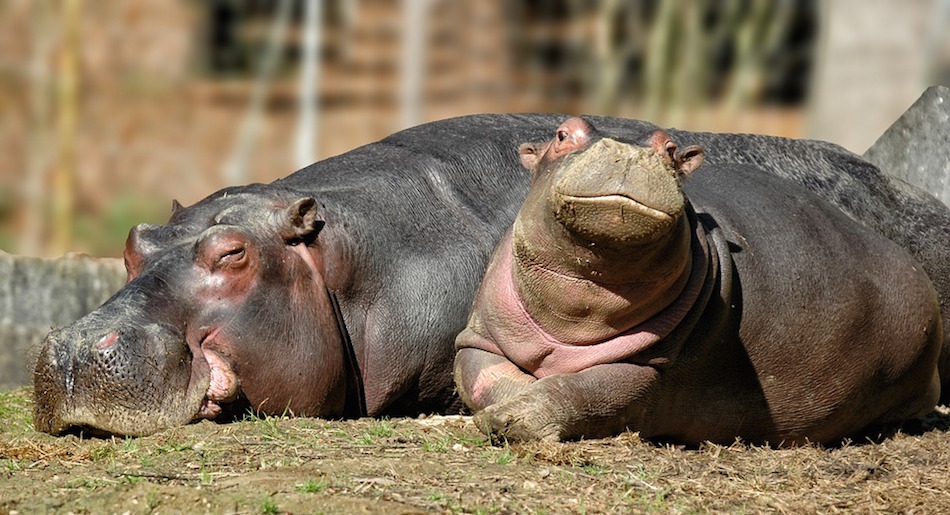
As the babies turn to adults, the females are ready to mate as early as three or four years old, but normally closer to five or six. Males take longer to mature, and are ready to reproduce at about 7.5 years old.
10. The First Hippo Ultrasound Was Finally Captured In 2017
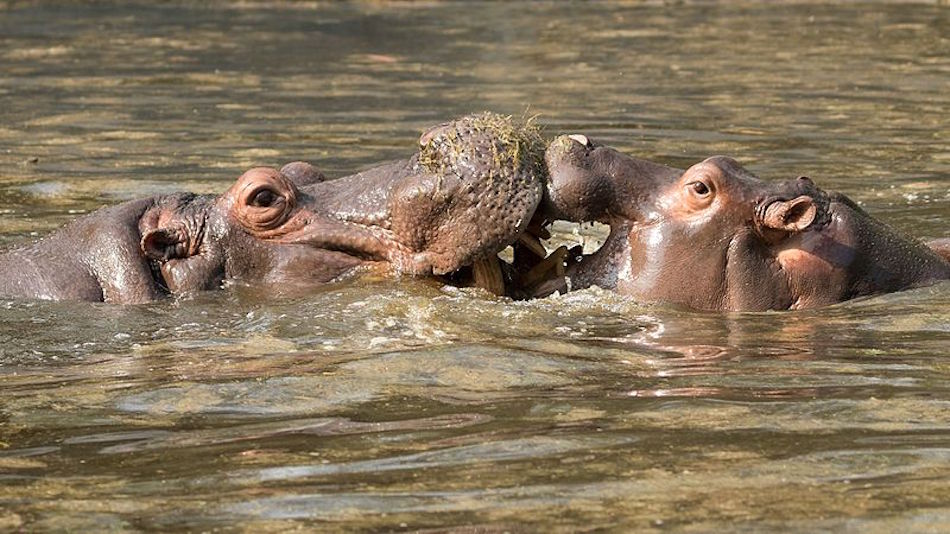
The Cincinnati Zoo captured the first ever Nile hippo ultrasound in January of this year. 17-year-old Bibi the hippo let her caretakers take the images of the little hippo fetus in her big belly, which is uncommon behavior for hippos. The large mammals are typically very hard to train.
Did you learn something about baby hippos? Please SHARE with family and friends on Facebook!




